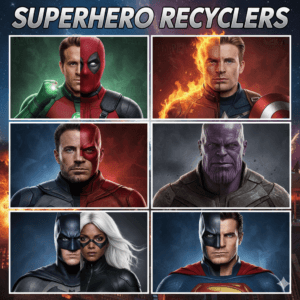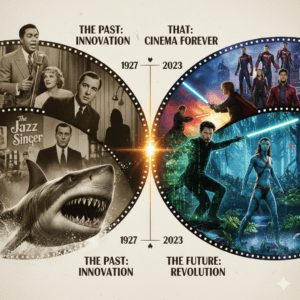Media has always played a crucial role in the way society functions – who we are, what we do and the opinions that we form, depend a lot on what we see through them. In a way, media impacts how we see things. And directly or indirectly this gives a lot of power to the people who are part of it. This means that even minor negligence can cause a ripple effect that can lead to major repercussions. And season 5 of The Crown focuses a lot on this harsh truth.
The fifth season continues to focus on Charles and Diana’s failed marriage, which has reached a point where there’s no scope for giving the relationship a ‘new chance’. While they continue to live their separate lives, also pretending to be a happy couple for the nation, there’s a lot that Diana, Charles and even Camilla deal with, on a personal level. This highlights the fact that the lives of public figures tend to become a part of public gossip, as well, no matter how personal the topic is – and while it is unfair on all counts, it has always been like that.
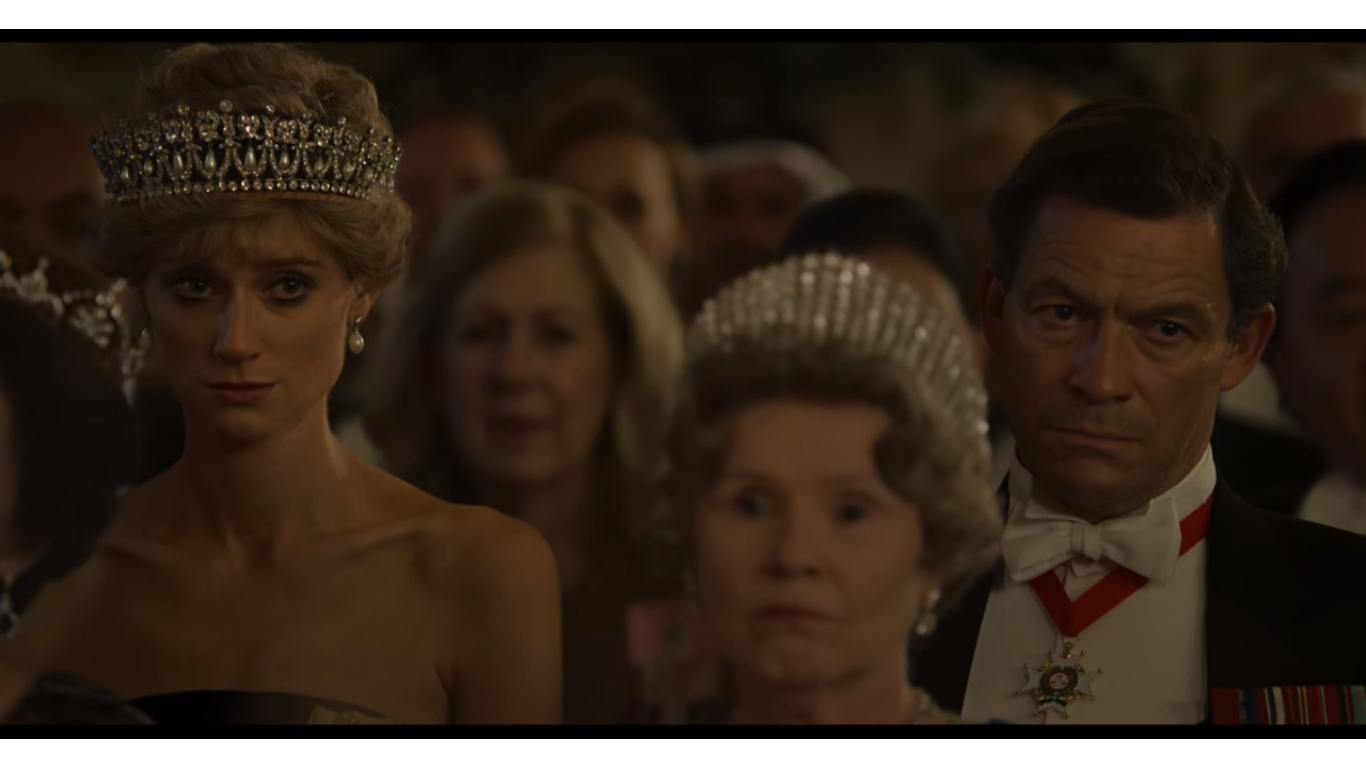
Wanting to share her truth, Diana constantly juggles her fear of betraying the royal family, keeping her children away from everything and well, wanting justice. The story also revolves around the publishing of Andrew Morton’s (Andrew Steele) book on Diana, which causes a scandal for the royal family. While it was meant to be an outlet for everything Diana had gone through, people, specifically the media, took it upon themselves to find and punish the culprits in the story. Of course, Charles and Camilla end up dealing with a lot of hate, Camilla being the major center of attention here – given that the media ended up showing her as a villain in a perfect fairy tale.
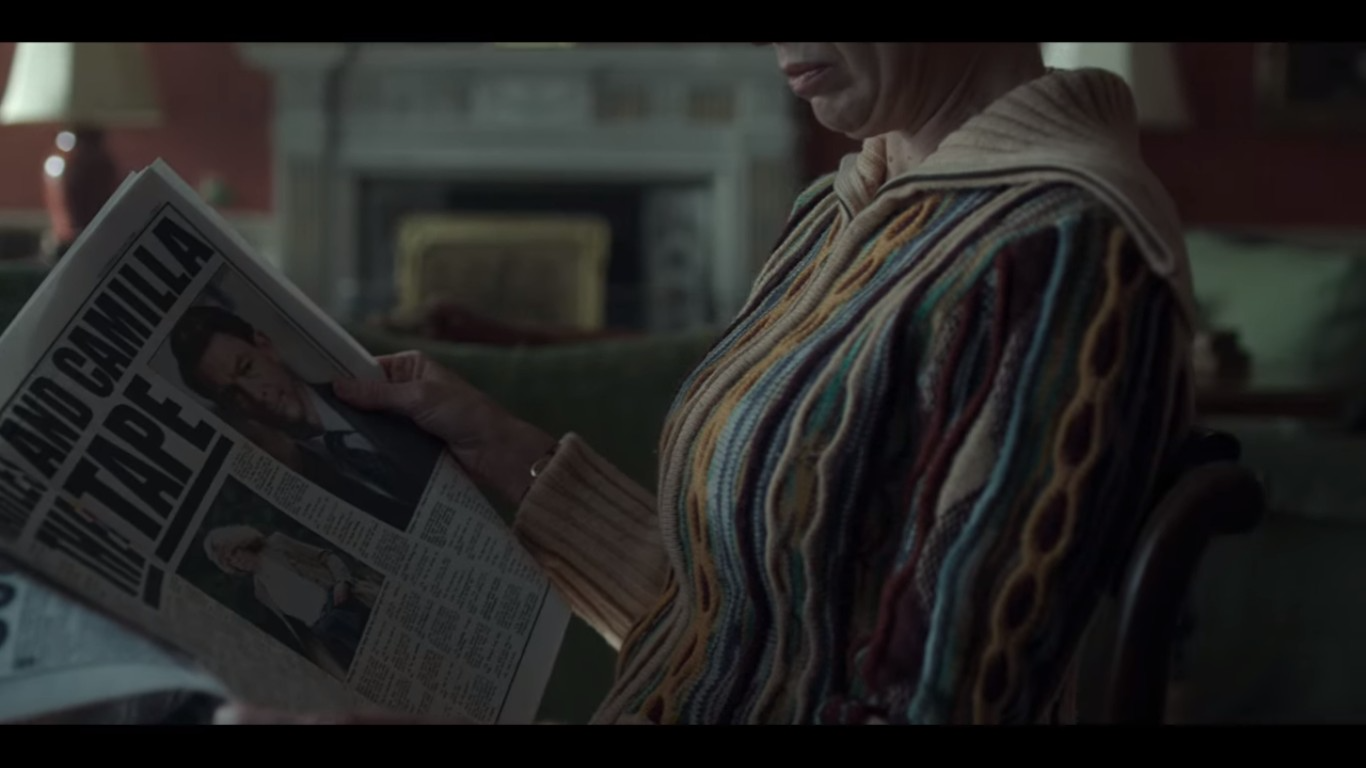
To pick sides and fight for one person is definitely not the point here, because let’s just face it, people have been doing that for a long time now. Given how public their lives are, and how the world considers the royal family as the epitome of perfection, we leave no scope of human error for them, not denying the privilege that they’ve been exposed to. But, there’s a fine line between having an opinion and acting on it, and needless to say, we’ve crossed that long before. Here, the ripple effect of people treating Camilla as the culprit or the problem, led to the “Camillagate” tape scandal in 1993, which was an intimate conversation between Charles and Camilla that was recorded and the transcripts were printed in the tabloid press. Again, not denying the impact of Charles and Camilla’s relationship, and the role of infidelity in their marriages which affected Diana’s mental health; but nothing gives the media the right to take action for someone’s wrongdoings.
Vengeance is not something that media is meant for, the sole purpose of the entire institution is to be unbiased and impart important information – then form an opinion. But instead, more often than not, most information, specifically related to public figures and celebrities leads to a media trial. In this case, their leaked telephonic conversation was in no way justified, given that it was personal, between two people. Even if it wouldn’t have been intimate, it’d be just as unfair to leak it for the world to read. Not to mention the treatment that Camilla was exposed to after this – with the press and people hounding her constantly, denying her any personal space at all.
Then there was the infamous BBC Panoroma interview by Martin Bashir, which we cannot deny was attained through deceitful methods, in more ways than one, even if it offered public support to Diana, which was needed. While it helped Diana to start a new life with her entire story out in the open, even she wasn’t exposed to the entire truth – with Bashir using her vulnerability for his journalistic career. If anything, it showcases the cold and harsh methods that some journalists and people in media use, just for a story, a picture, or an interview – which is nothing but offensive.
The season was a mirror of how the media constantly tread on people’s right to just be, solely because we think that fame means that people suddenly owe us answers. From writing blind items and gossips to almost spying for pictures, almost the entire industry, in some way has stooped to a point where it was more than just insensitive. For instance, the persistent crowd outside Camilla’s house and Kensington Palace is proof of it – from Camilla having to be under a self-placed house arrest to Diana grieving her divorce while also keeping it together in front of the cameras, these were actions that are unjustifiable. Sadly, the situation still hasn’t changed, in fact, it has attained a more proper formation with the internet and paparazzi, around the world.
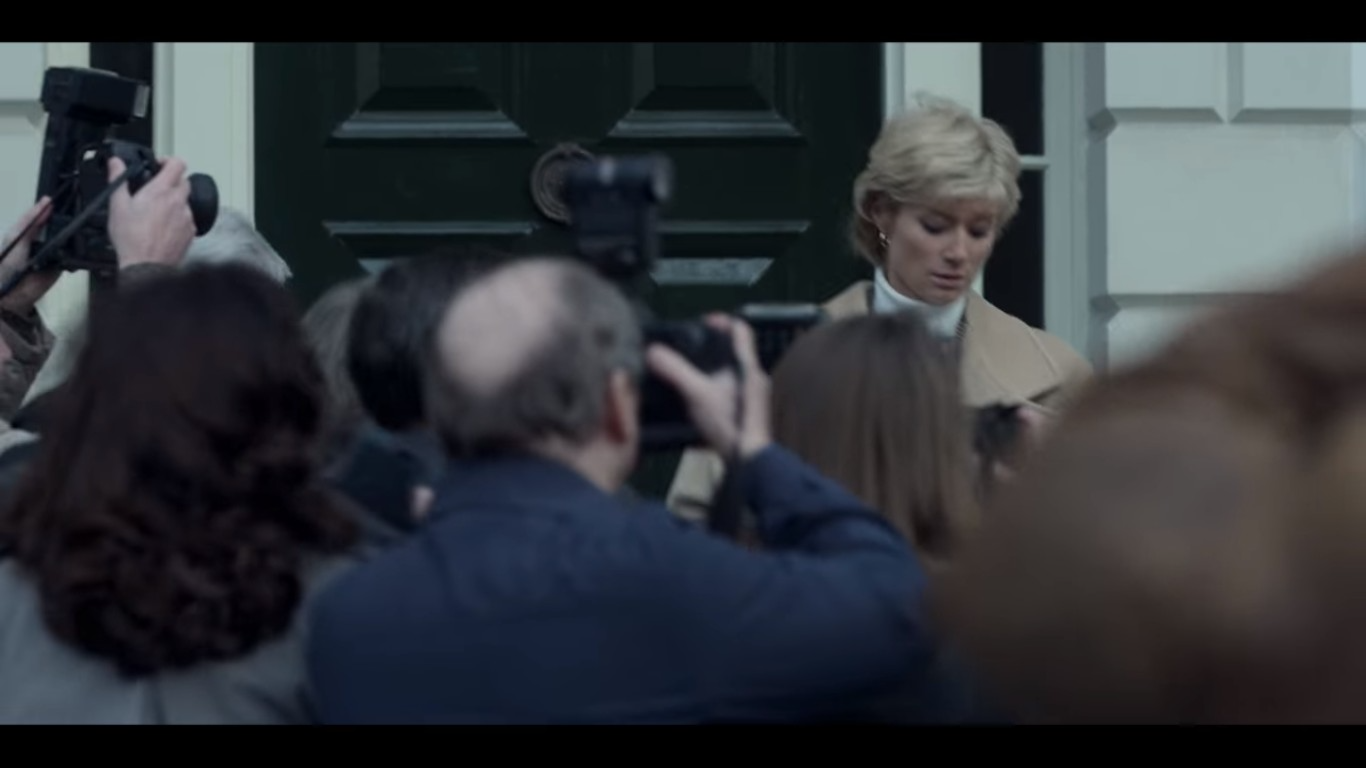
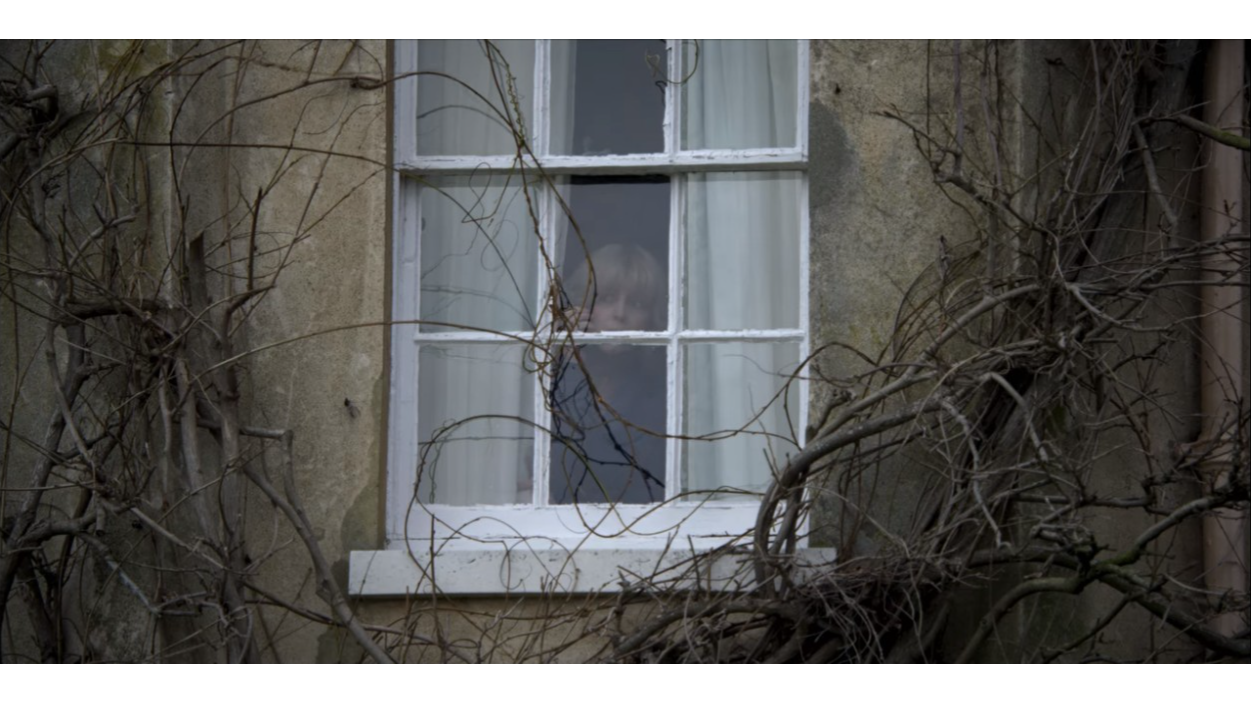
In a lot of ways, we expect public figures to be their perfect versions, at all times. And if they do not pass the so-called test that the media, as self-proclaimed ‘providers of justice’, has devised for them, we label them as villains. And to be very honest, even if they’re wrong, it doesn’t give us the right to hinder their lives and the space that we all deserve and want. As people who work in media, it’s important to be diligent with what we’re saying, writing, and doing with regard to other people, because we literally have the power to affect lives – and let’s just face it, it’s human nature to forget the good things as soon as we find one bad thing about a person.
Certainly, there’s responsibility and privilege, where the royal family comes from, and history is proof of the actions and unfair treatment that Diana was subjected to. But nothing, not even that, gives the media the right to dictate their lives, and sadly, everyone involved in the industry is somewhere guilty of doing something similar. As well-wishers, or fans we can choose not to like someone, but holding them in a trial of sorts is deeply unethical – where “they deserve it” is definitely not a good enough explanation. With this power, we can easily help people to make the right decisions, instead of leading them to hound someone else for being flawed or making mistakes.





